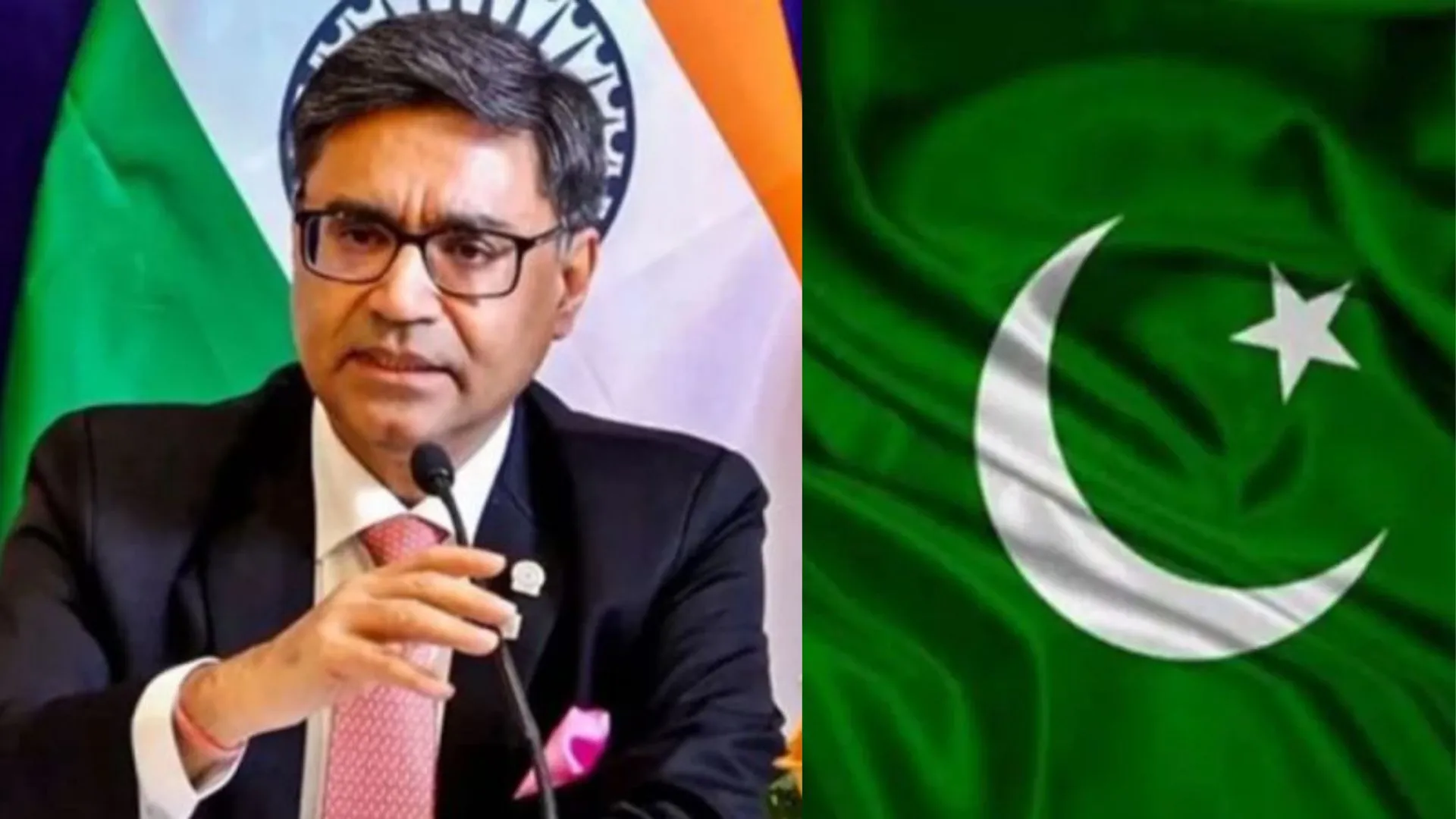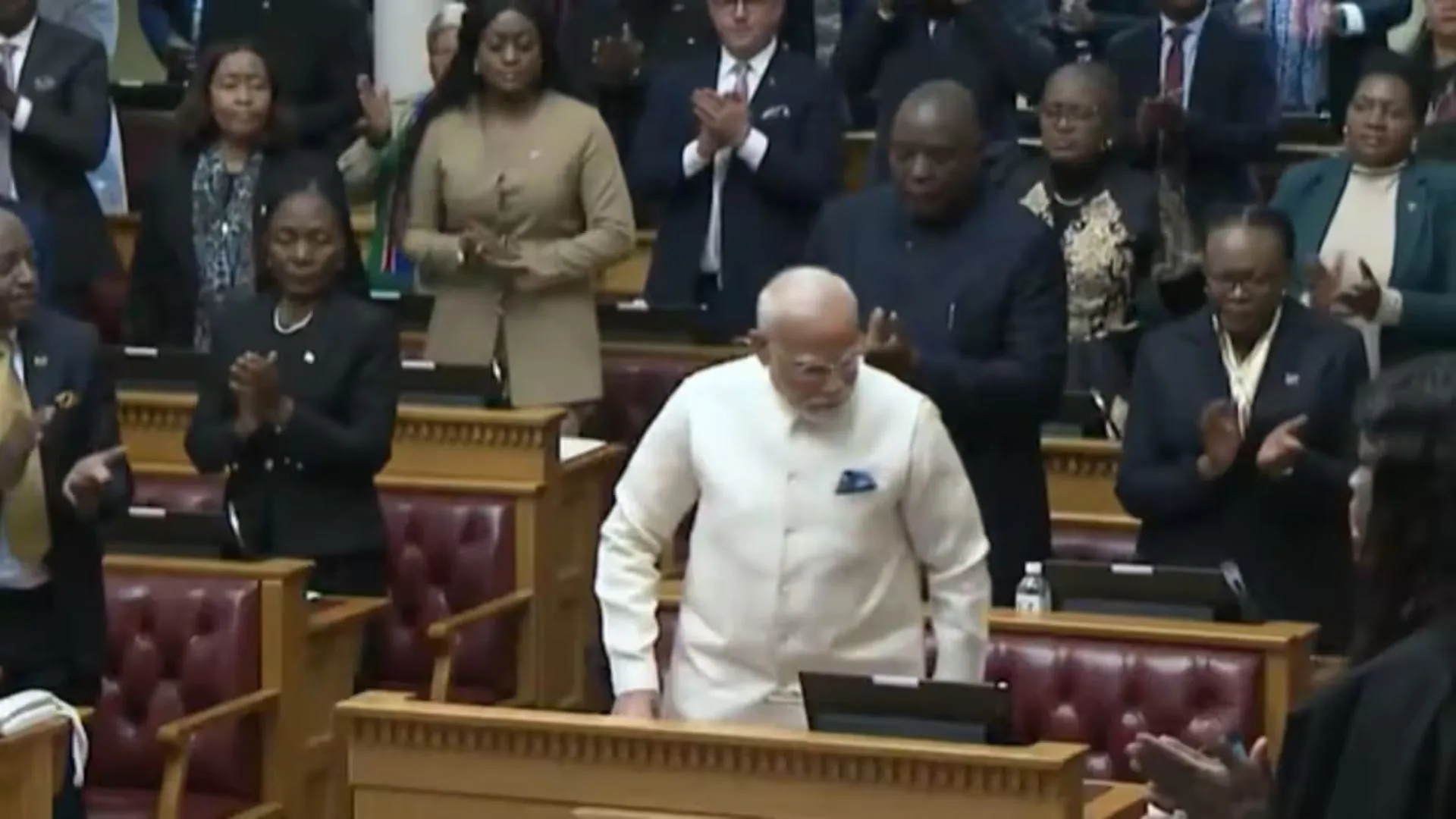India has initiated a massive diplomatic mission, dispatching 59 political representatives to 32 nations and the EU to reinforce Pakistan’s 40-year history of global terrorism. The government has prepared MPs, former ministers, and party leaders from various parties to take evidence of Pakistan-sponsored terror, including evidence of 2008 attacks.
These missions will interact with lawmakers, think tanks, and diaspora members overseas. They seek to bring Pakistan’s support for terror organizations into the daylight, combat disinformation, and clarify India’s recent military action against cross-border attacks, including Operation Sindoor.
India also suspended the Indus Waters Treaty, after civilians were killed in Pahalgam. The message is unequivocal: India demands that the world view Pakistan not merely as a neighbour, but as an historic state sponsor of terror.
Established Evidence, Minimal Cooperation
Officials remembered India’s previous attempts to reveal Pakistan’s links with terrorism during the high-level briefing. In 2008, India provided tangible evidence — DNA samples, telephone records — while investigating some big terror attacks. But Pakistan had provided meager cooperation in return.
Today, India is promoting this message more aggressively. Each delegation will have country-specific dossiers highlighting Pakistan’s terror connections, India’s counter-terror operations, and security procedures. The delegations will interact with foreign lawmakers, ministers, think tanks, and the Indian diaspora to build support.
Strategic Shift and Military Clarity
Authorities clarified that India has adopted a “new normal” in its interaction with Pakistan. The Indian military and intelligence agencies now work under a strategy for the long haul. India has embraced a clear doctrine: retaliate firmly to threats of terror, both military and diplomatic.
This strategy was evident in the recent ‘Operation Sindoor’. On May 7, precision attacks on terror camps were carried out by Indian forces in Pakistan and Pakistan-occupied Kashmir. The attacks came after Pakistan-backed groups were accused of killing 26 civilians in the Pahalgam terror attack.
In retaliation, Pakistan tried to strike Indian military installations on May 8, 9, and 10. But Indian forces retaliated with intense counter-attacks against Pakistani military facilities. After four days of intense cross-border missile and drone exchanges, both countries decided to stop fighting on May 10.
Fighting Propaganda and Policy Shifts
India is also combating Pakistan’s international campaigns of disinformation. Delegates were briefed by officials on initiatives for combating false narratives, such as deceptive assertions on sharing water. In a dramatic gesture, India put its involvement in the 1960 Indus Waters Treaty on hold after the attack in Pahalgam.
Through these foreign sojourns, India seeks to unveil Pakistan’s cross-border terrorism and counter its diplomatic strategy. Armed with facts, these teams will push global leaders to speak more strongly against terror — and its state patrons.





















